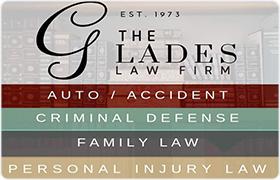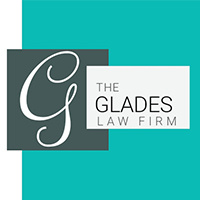Carterville Criminal Lawyer, Missouri
Sponsored Law Firm
-
 x
x

Click For More Info:
-
The Glades Law Firm, P.C.
1120 SE Murphy Blvd Joplin, MO 64801» view mapCriminal Defense Law Determined. Experienced. Passionate.
Serving Southwest Missouri since 1973. Our experienced legal staff is dedicated to helping you with personal injury, criminal defense, and family law matters.
800-965-6971
Phillip Alan Glades
✓ VERIFIED *Status is reviewed annually. For latest information visit hereAccident & Injury, Divorce & Family Law, Criminal
Our experienced legal staff is dedicated to helping you with the following legal matters: Family Law Criminal Defense Personal Injury
Cobb Young
DUI-DWI, Criminal, Bankruptcy, Personal Injury
Status: In Good Standing *Status is reviewed annually. For latest information visit here
Charles H. Lonardo
Foreclosure, Health Care Other, Divorce & Family Law, Juvenile Law, Bankruptcy & Debt
Status: In Good Standing *Status is reviewed annually. For latest information visit here
Ty Steven Gaither
Traffic, Criminal, Constitutional Law, Civil & Human Rights
Status: In Good Standing *Status is reviewed annually. For latest information visit here
Michael Lee Roberts
Education, Traffic, Motor Vehicle, Criminal
Status: In Good Standing *Status is reviewed annually. For latest information visit here
Elizabeth Davis
Estate Planning, Adoption, Criminal, Car Accident
Status: In Good Standing *Status is reviewed annually. For latest information visit here
Brian V. Glades
Premises Liability, Criminal, Products Liability, Car Accident
Status: In Good Standing *Status is reviewed annually. For latest information visit here
Tracey Dawn Martin
Civil Rights, Family Law, Juvenile Law, Criminal
Status: In Good Standing *Status is reviewed annually. For latest information visit here
Todd Hawkins
Workers' Compensation, Employment, Family Law, Criminal
Status: In Good Standing *Status is reviewed annually. For latest information visit here
 Phillip A. Glades Joplin, MO
Phillip A. Glades Joplin, MO Practice AreasExpertise
Practice AreasExpertise
